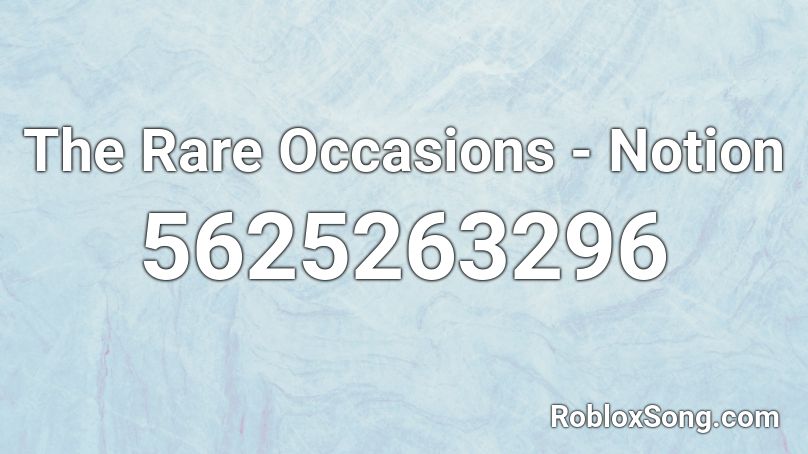

They can set part of the rules, but not all the rules. Google is safer because it only manages gTLDs. Some poor countries delegate the technical side of operations to more reliable registries. It happened to Notion a few months ago with their. On a technical side, some countries have crappy infrastructures, so resolution is at risk. So same thing, don’t use a ccTLD you don’t trust (that’s true of all TLDs, but even more for ccTLDs). The registry could theoretically override your records on their layers. You’re also trusting them regarding a part of the DNS resolution: a DNS query first goes by the root DNS, which will resolve the TLD to the registry’s DNS server, which will resolve the domain to the registrar’s DNS servers, which will do the rest. On the admin side, you’re trusting the countries to not change the rules against you. Governments are owners of the TLD of their own country, and set the administrative rules. eu and maybe a handful of other exceptions) *do not* follow ICANN’s rules.

US and UK have been more reasonable (no hard requirements of what documentation is needed, as long as you can prove that you are travelling with an actual purpose, and once granted, it's for at least 6 months for UK or 3 years in case of the US), but luckily we've entered the Schengen whitelist since.ĬcTLD (2 characters, are usually managed by countries, except for. They are a complete mess, especially so from the EU countries. Visas are an imperfect tool for whatever they are designed to do, and any sufficiently advanced bureaucracy will develop ways to misuse such a gift. I already had like a dozen visas for other Schengen/EU countries in my passport (all for short stays, because that's how they roll - I kept changing my passports because I kept running out of pages for the EU visas in them). I've once been denied a visitor visa for having "insufficient funds to support myself during my stay" (in Flemish, for the FOSDEM weekend) even though I submitted my bank statement with upwards of 10k EUR of holdings, my company supporting letter claiming to be paying for the entire trip, paid-for flight tickets and hotel booking, etc. There's no sane reason that couldn't happen except to preserve The Rules - but these rules simply are not a valuable end in and of themselves, despite the laud and honor they have received in this thread. If they wanted to be particular about just having the forwarding, they could have audited the sites to make sure that they were just redirects, and charged for the privilege. I know that if I had a website and I had to move domains, I would want to run web and email forwarding for more than one year. They could have grandfathered in existing domains, at least a little bit longer. eu domain is absolutely nothing compared to the daily nightmare that is "visas," but the same devotion to rules and insensitivity to the costs of policy runs through the matter. They did not care about the lives ruined. Notably, they did not ask for them to re-sit the exam. Many of them did, and they forcibly removed others.

Rest assured that this was a fully adversarial process! They did not offer to help anyone so affected gather these documents, or to make their case.Īnd later, in another unrelated scandal, the Home Office decided to react to an English-examination cheating scandal by analyzing everyone's examination results with some opaque computerized process, using the results to declare something like 97% of them as invalid cheaters - and sending nastygrams to about 9,700 university students, calling them dirty cheaters and demanding they leave country. Just to pick an example - chosen for my familiarity, wholly outside of and unrelated to Brexit - the UK's Windrush scandal involved the bureaucracy actively destroying old records of immigration from British overseas possessions (particularly the Caribbean), then deciding years later to go after people who had been living in the country for decades - demanding they supply exhaustive documentation of their legal immigration, and their life and activities in the intervening time. My friend, if these systems were just about aligning the incentives for workers and benefits and taxes, and otherwise tried to be understanding about human foibles, then people wouldn't point to immigration systems around the world as a Kafkaesque nightmare. Should one live in a high tax high social safety net country while paying tax to a low tax low social safety net country or not paying tax at all?


 0 kommentar(er)
0 kommentar(er)
